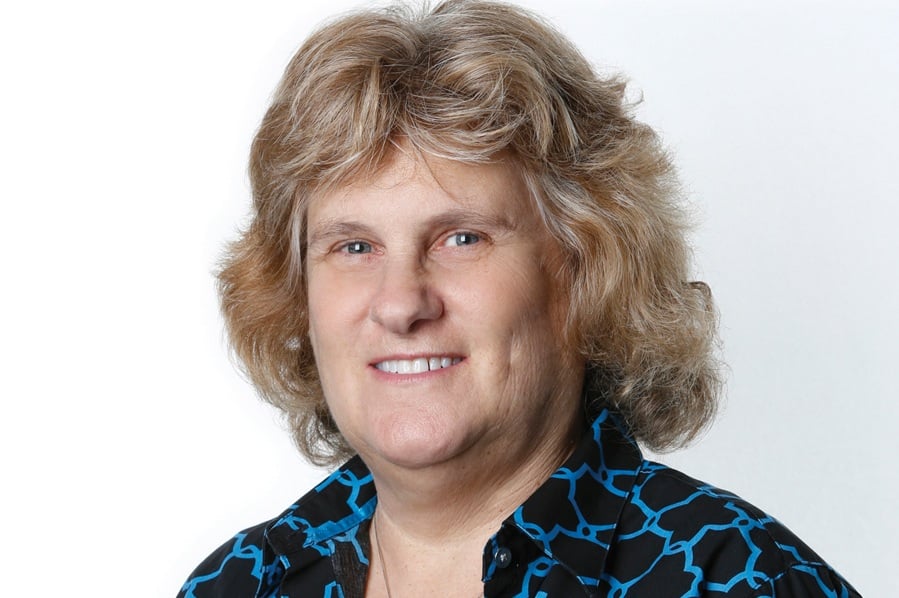Sheryl Rowling cares about where her firm stands in terms of assets under management, but it's the bottom line she wants to improve at Rowling & Associates.
“As a business owner, it makes more sense to focus on profit than sales,” she said. “Once you have efficiency down, then, as you add new revenue, you get to keep more of it.”
Her firm, which she created as a tax advice business in 1987 and now is 90% financial planning and 10% tax-focused, is all about automating functions so its people are free to do what they need to do — meet with clients and strategize.
The firm has two critical software tools to help raise efficiency. The first is its customer relationship management system, which allows the firm to track client information and work flow, and dole out tasks and assignments to keep client service moving along, Ms. Rowling explained.
The second is the firm's rebalancing software, which Ms. Rowling created because she couldn't find an easy-to-use solution on the market.
Now her Total Rebalance Expert is available commercially to other advisers.
“It allows us to stay on top of our client portfolios every day,” she said. “Now we trade when it is right, not when the calendar says it's time to.”
(More: Introverted or extroverted? AEPG wants to know)
These time-saving technologies help San Diego-based Rowling & Associates keep up its high level of client service, even as revenue and profits have soared.
In fact, Rowling & Associates won a Best Practices Award for being a top performer among those who participated in the InvestmentNews Financial Performance Study of Advisory Firms in 2014.
Ms. Rowling said keeping clients happy is key to keeping profit growing.
“The best way to market to new clients is to do an excellent job with existing ones so they refer you,” she said. “It's expensive to replace clients.”
The firm resets its client minimums each year based on its average AUM per client, Ms. Rowling said. However, just because a prospect might have the money to become a client, that doesn't mean the firm is going to accept them.
PERSONALITY KEY
The firm considers “the personality of prospective clients,” and if they look like they will be difficult to work with or don't value professional advice, the firm takes a non-traditional tack.
“We strive to allow them to decide against hiring us,” Ms. Rowling said. “That makes things much nicer in the office.”
She said her employees deserve to work with clients whom they like, and Ms. Rowling goes beyond the norm, it would seem, to keep her employees happy.
(More: Firm built on trust responds to the needs of its clients)
One perk she's instituted for the staff is a personal trainer who comes in four times a week and works with anyone who wants to improve their fitness.
Going forward, Ms. Rowling has two new lines of business in mind for the firm.
By the end of the year, she hopes to have a service in place to handle younger clients with fewer assets and another to help other investment management firms with asset allocation models and tax-loss harvesting opportunities.







